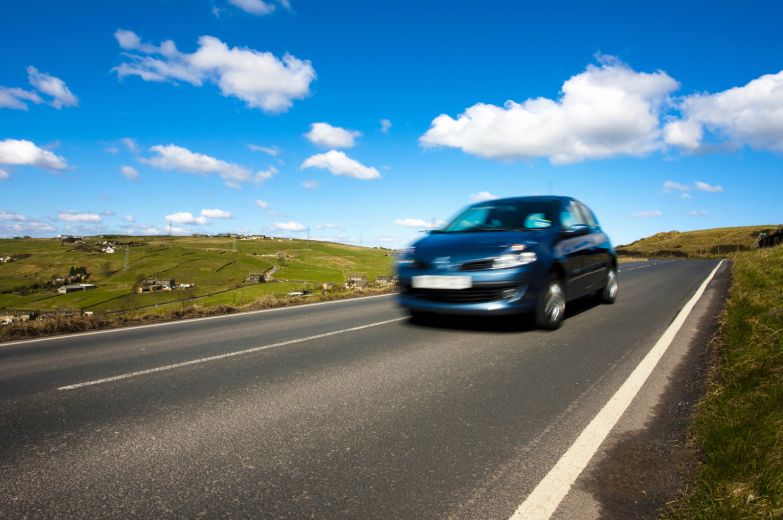The new THINK! campaign, “Is pushing it worth it?”, stated that male drivers aged 17 to 24 are four times more likely to be killed or seriously injured than drivers aged 25 or over.
Another part of the national research found that 60% of all serious and fatal collisions involving young male car drivers were on rural roads.
The study found that just 43% of young men consider exceeding the speed limit to be unacceptable, while 68% see drink driving as unacceptable and 52% think using a mobile without handsfree is unacceptable.
Further research found that speed kills and injuries 54 young people every week in the UK.
As a result of the research, the safety experts behind the campaign are attempting to encourage drivers to respect the speed limits and be aware of their surroundings when behind the wheel.
Due to the results of the campaign, the government will reassert its goals to enhance road safety, with a particular focus on rural roads.
As part of the Government’s Safer Roads Fund, there will be extensive investment in improving these streets.
Road Safety Minister Richard Holden said: “Road safety is our priority, but we want to accelerate our efforts to tackle unsafe driving habits and create some of the safest roads in the world.
“We’re highlighting the dangers of relaxed driving attitudes on rural roads so that everyone recognises that pushing the speed limit is just not worth it.”
According to Government research, speeding accounts for around 25% of fatal collisions, but despite this is considered one of the least risky and most acceptable behaviours among drivers, especially young men.
The aim of the THINK! campaign is now aiming to challenge the overconfidence displayed by younger drivers.
Part of this is to highlight the importance to not go even slightly over the speed limit.
Dr Gemma Briggs, Professor of Applied Cognitive Psychology at the Open University, said: “Most drivers consider themselves to be ‘better than average’ at driving.
“This can make drivers feel that while others shouldn’t speed, their own increased skill means they can handle a bit of extra speed, and every journey completed seemingly without incident for a speeding driver confirms to them that their behaviour is acceptable, even if they endanger others.
“Young drivers also have these biases, but have the added problem of a lack of driving experience. They can’t rely on their previous experience to understand driving situations, so adding other elements to this such as additional speed increases the likelihood of young drivers failing to notice hazards and being involved in a collision.”
Following the announcement, RAC road safety spokesperson Simon Williams said: “We know speeding presents a clear and present road safety danger, particularly on country roads where the number of collisions is much greater.
“We also know that far too many young people are injured or killed every year in car accidents, so hopefully this campaign can bring about some much-needed behavioural change among the nation’s least experienced drivers which helps to keep everyone safe on our rural roads.”
What do you make of the campaign? Will it be a success? Is there anything else than can be done to tackle this issue? Leave your comments below.

RAC sale – up to 33% off*
• Roadside cover from £5.29 a month†
• We get to most breakdowns in 60 mins or less
• Our patrols fix 4/5 breakdowns on the spot











